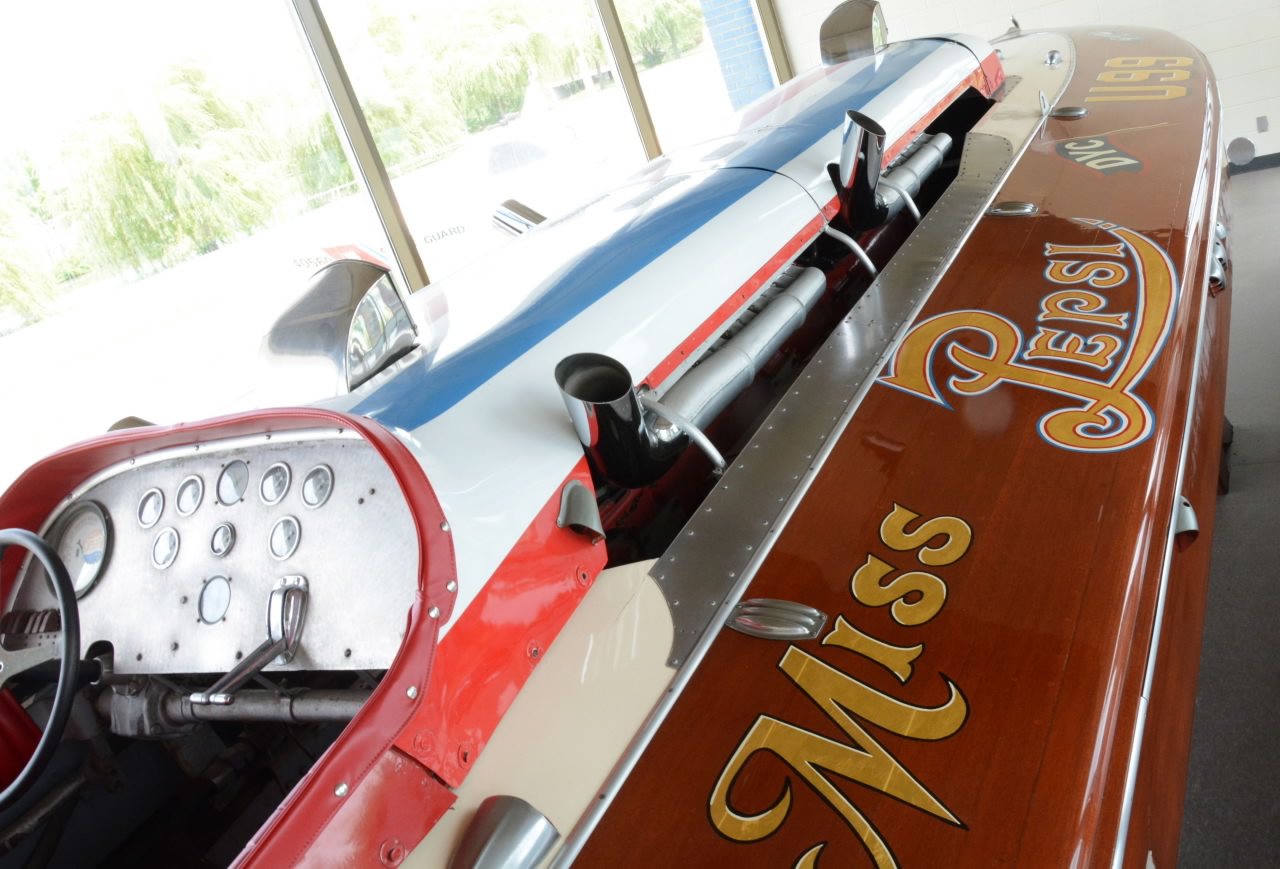Art wrote;
“Therefore... unless any of us are doing poorly financially and need relief from our boat's fuel expense... the cost of fuel is usually a minor piece of "boat dollars" annually spent.”
If it’s so minor why all the obsession about it?
Eric
Basically that question is the gist of my post. Seeing as in reality, for most boaters, fuel is miner a cost compared to many other costly items when they are added together. So, I too ask... why all the obsession regarding mileage.
Is it just for something to speak about; to discuss with few reasons actually why... because... your boat is gonna cost what it will for most of its expenses, including fuel. Unless many thousands $$$ are spent to repower. Even then, just figure that cost in order to get just a little bit better mileage.
On the other hand: For some boaters fuel is a big portion of overall expense... those boaters cruise up to or sometimes well over 1000 + hours annually.
For the majority who place 100 to 200 hours under power annually... let's do a few figures.
100 hrs power at 5 gallons per hour = 500 gallons x $4 per gallon = $2000
200 hours at same stats = $4000 annual fuel cost
Docking at some mariners is well over $5000. Annual Insurance can easily reach $2000. Repairs and maintenance can quickly get into the $4000 range. Adding that up = $11,000 And, you've had no fun yet!
Now, when you spend a few grand on fuel... boating fun becomes reality!
Don't be afraid to spend some bucks on fuel; its the expense that provides fun. If necessary try cutting down on other expenses.

Last edited:






